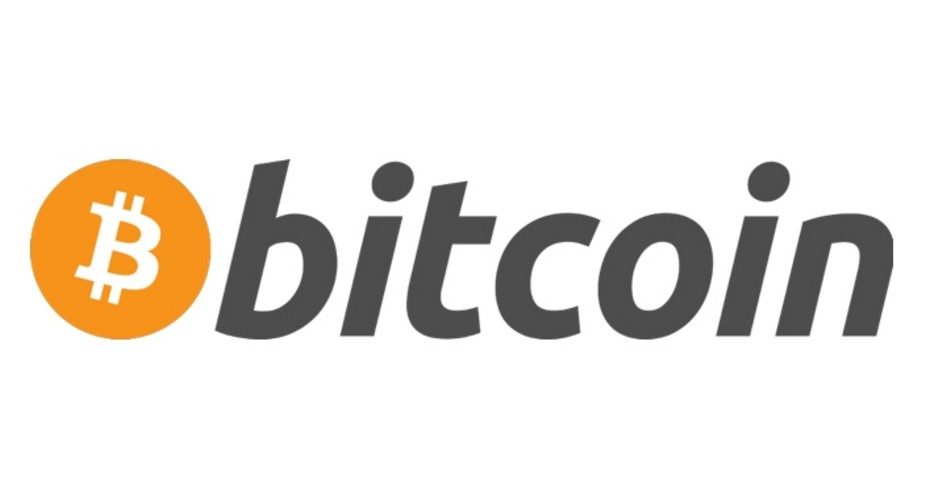
At the end of March, the Internal Revenue Service ruled that Bitcoin will be taxed, retroactively, as property and not currency. As I argued for OpEdNews, this undermines the cryptocurrency’s goal of becoming a medium of exchange, because the tax would render any anti-inflationary gains from Bitcoin over the U.S. dollar as non-existent. But if Rep. Steve Stockman (R-Texas) gets his way, that may all change.
The Crypto Crimson reports that Stockman, who months ago became the first politician to accept Bitcoin donations toward his Senate campaign, revealed a copy of his proposed bill entitled “To change the tax status of virtual currencies from property to currency,” or the Virtual Currency Tax Reform Act, Monday night at the New York Bitcoin Center.
“This is a nascent industry. Along with 3-D printers and nanotubes, cryptocurrency is the future,” Stockman said in a statement. “We need to encourage it, not discourage it. There is risk associated with every budding industry in America.”
Bitcoin, along with other cryptocurrencies such as Litecoin and Dogecoin, are mined, or created, through cooperative algorithms called blocks, which transfer computer processing power into a public tender ledger ensuring the security of the currencies. In short, unlike the U.S. dollar, which is open to counterfeiting, cryptocurrencies must be confirmed by other miners to be considered real and useable. This ensures the verity of each unit of a cryptocurrency, and, along with the arbitrary ceilings set for cryptocurrency creation, prevents hyperinflation; fiat money, by contrast, can be printed freely by central banks for purposes the bankers deem necessary for the economy. Cryptocurrencies are a path to liberation from the coercive stranglehold that central banks have on consumers.
With a market cap of $5.74 billion, Bitcoin is increasingly reaching wider acceptance. Last week, the Chicago Sun-Times, the nation’s ninth-largest newspaper, began accepting Bitcoin for subscriptions, according to Business Insider.
For about two weeks now, the price of Bitcoin has floated around $450. This is in contrast to the risk that opponents of proposals such as Stockman’s have used as a battering ram against the cryptocurrency. Bitcoin, critics contend, is a poor quality currency because it changes value like a stock, and thus is not a store of value in the sense that fiat currencies are. However, as Vox notes, startups such as Bitpay work to quickly convert U.S. dollars into Bitcoin, and those Bitcoin back into U.S. dollars, thus eliminating any potential price fluctuations during that time.



